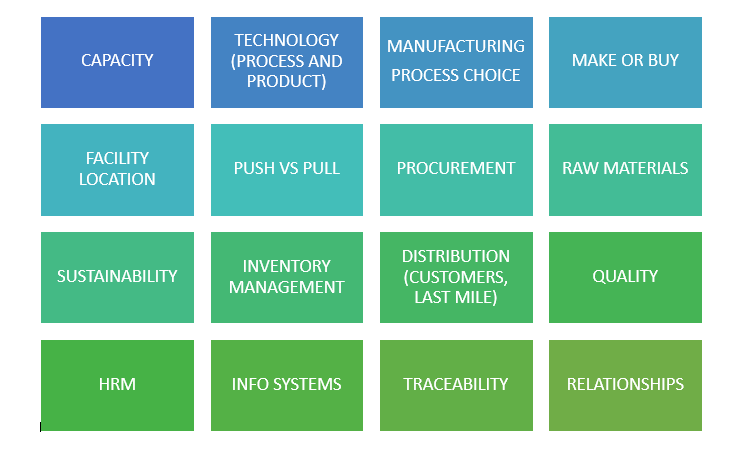Supply Chain Management
Modelling your supply chain decisions to optimise your supply chain design and maximise your export returns
- Professor Danny Samson

Management and Marketing
Faculty of Business and Economics
University of Melbourne
- Dr. Marianne Gloet

Research Fellow, Management and Marketing
Faculty of Business and Economics
University of Melbourne
A significant research program on export supply chain design is currently under way with a number of research outputs already available for industry use. See Case Studies on Sumich Horticulture Exports, Hellyers Distilleries, Great Southern Truffles and Sullivans Cove successes.
These include an assessment tool for export capability, a business plan framework, a SWOT analysis for export to China and an export checklist. The full resource collection can be accessed via the Publications page.
The overall program is focused on reducing risks associated with supply chain decision making through the development of a design tool that enables you to model the trade-offs that must be made at every decision point of supply chain development; for example, capacity vs. capital investment or shipment of finished goods vs. shipping in bulk with finished good packaging completed in market. Incorporating 16 key elements of supply chain design and based on real life data from existing supply chains it is envisaged this tool will be an invaluable resource for the Australian food industry as they establish or optimise their own supply chain designs.
The model will be based on the 16 key elements outlined below and will cover the supply chain from raw material sourcing through to the point of consumption.
The University would like to acknowledge the support of the Purus Group and Premium Foods Australia in the development of the model. Once the development work has been refined, the University will be actively seeking partners to support the model validation process. If you have an interest in this research and believe your business could benefit from supply chain analysis please contact us at Food-value-chain@unimelb.edu.au
